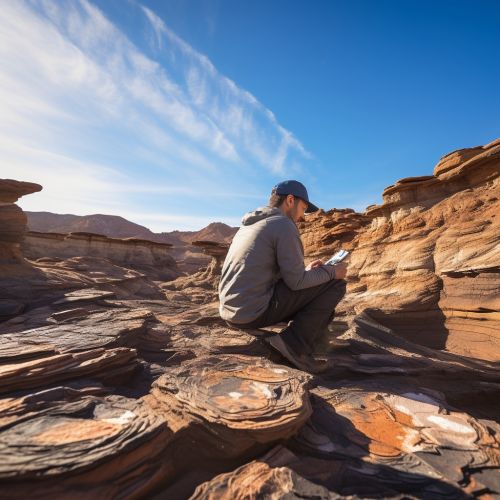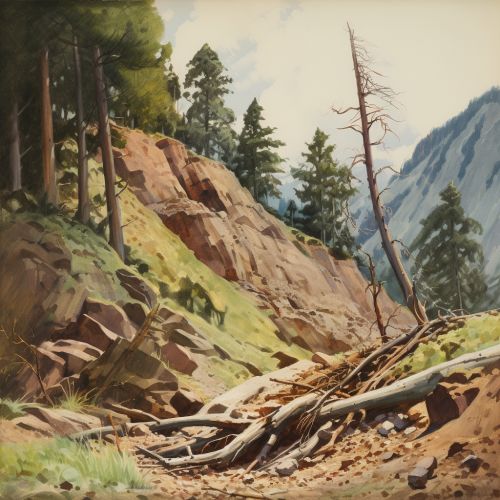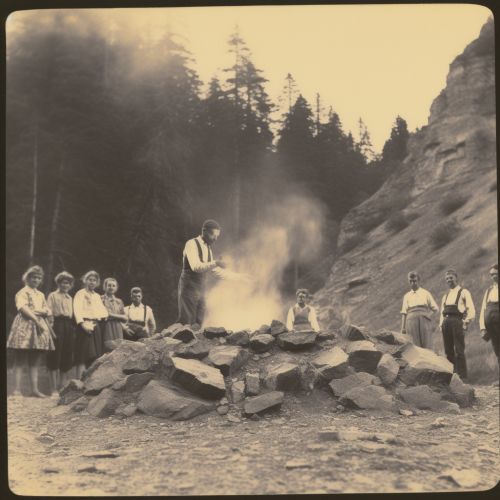The Role of Geology in Natural Disaster Mitigation
Introduction
Geology, the study of the Earth's solid materials and processes, plays a critical role in understanding and mitigating natural disasters. This includes the study of seismic activity, volcanic eruptions, landslides, floods, and other geologic hazards. Geologists use their knowledge of the Earth's structure, materials, and processes to predict where and when these hazards might occur.


Geological Hazards and Their Causes
Geological hazards are natural disasters that result from geological processes. These include earthquakes, volcanic eruptions, landslides, and floods. Each of these hazards is caused by different geological processes, and each has unique characteristics that can be studied and understood through the lens of geology.
Earthquakes
Earthquakes are caused by the sudden release of energy in the Earth's crust, resulting in seismic waves that shake the ground. They occur along fault lines, which are fractures in the Earth's crust where sections of rock have moved past each other. The study of earthquakes and seismic activity is known as seismology.


Volcanic Eruptions
Volcanic eruptions occur when there is a sudden release of magma, gas, and other materials from beneath the Earth's surface. This can happen due to the movement of tectonic plates, or due to the melting of rock in the Earth's mantle. The study of volcanoes and volcanic activity is known as volcanology.


Landslides
Landslides occur when gravity causes rock, soil, or debris to move downhill. This can happen due to a variety of factors, including erosion, earthquakes, or human activity. The study of landslides and other types of mass wasting is known as geomorphology.


Floods
Floods occur when an area of land that is usually dry becomes submerged in water. This can happen due to excessive rainfall, melting snow, or dam failure. The study of floods and other water-related hazards is known as hydrology.


Role of Geology in Mitigating Natural Disasters
Geologists play a crucial role in mitigating natural disasters through their understanding of the Earth's processes and their ability to predict where and when these disasters might occur.
Prediction and Monitoring
One of the primary ways geologists help mitigate natural disasters is through prediction and monitoring. By studying the Earth's processes and understanding the causes of geological hazards, geologists can often predict where and when these hazards might occur. For example, seismologists can monitor seismic activity to predict earthquakes, while volcanologists can monitor volcanic activity to predict eruptions.
Hazard Assessment and Risk Management
Geologists also play a key role in hazard assessment and risk management. By studying the potential impact of geological hazards, geologists can help communities prepare for these events and minimize their impact. This can include mapping hazard zones, developing evacuation plans, and designing infrastructure to withstand geological hazards.
Education and Outreach
Finally, geologists play a crucial role in education and outreach. By educating the public about geological hazards and how to prepare for them, geologists can help communities become more resilient and better able to cope with these events.


Conclusion
The role of geology in natural disaster mitigation is multifaceted and critical. Through prediction and monitoring, hazard assessment and risk management, and education and outreach, geologists play a crucial role in helping communities prepare for and cope with natural disasters. By understanding the Earth's processes and the causes of geological hazards, we can better predict, prepare for, and mitigate these events.
